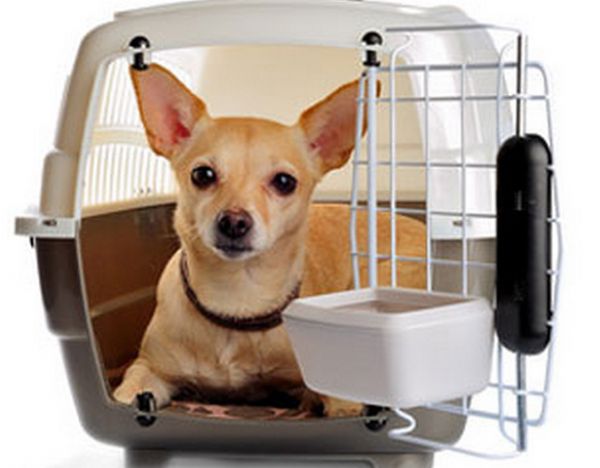A Comprehensive Guide to Tax Procedures for Dogs in South Korea
When moving to South Korea with your pet dog, understanding the regulations and tax obligations is essential for a smooth relocation process. South Korea has clear guidelines to ensure the welfare of imported animals and compliance with local laws. This article provides a step-by-step guide to help dog owners navigate the tax and legal requirements effectively.

1. Understanding Pet-Related Taxes in South Korea
In South Korea, pet ownership involves specific costs, including import taxes and fees for compliance with animal health regulations. While there isn’t a direct “pet tax” in most cases, the process of bringing a dog into the country may involve the following:
- Customs Duty: Depending on the value of your dog (for example, if purchased from overseas), customs duty may apply.
- Quarantine Fees: Dogs arriving from abroad must undergo health checks, and fees apply for inspections or quarantine if required.
- Registration Fee: All dogs in South Korea must be registered, which includes a nominal fee.
2. Preparing Your Dog for Entry
Before entering South Korea, pet owners must meet strict requirements for health and documentation. These include:
- Microchip Implantation: Your dog must have an ISO-compliant microchip for identification.
- Vaccination Records: Ensure your dog is up-to-date with rabies vaccinations. Documentation must be issued within 30 days to 12 months before entry.
- Health Certificate: Obtain a veterinary certificate issued by an authorized veterinarian in your country, certifying your pet’s health.
- Quarantine Inspection Certificate: This ensures your pet meets South Korean health standards.

3. Customs and Tax Declaration Process
Upon arrival, you must declare your pet at the port of entry. Follow these steps:
- Submit Documentation: Provide the required health certificates, vaccination records, and any purchase-related invoices.
- Pay Applicable Fees: Depending on your dog’s declared value and compliance with health protocols, taxes or customs duties may apply.
- Quarantine Check: If your dog doesn’t meet the health standards, it may need to stay in quarantine facilities, incurring additional fees.
4. Registering Your Dog in South Korea
Once your dog has passed customs and quarantine checks, registration is mandatory:
- Visit the nearest local government office or designated veterinary clinic.
- Provide documentation, including proof of ownership and health records.
- Pay the registration fee, which may vary depending on the location.

5. Important Tips for Dog Owners
- Plan Ahead: Start preparing months in advance to gather all necessary documentation and vaccinations.
- Budget Wisely: Include customs fees, veterinary costs, and registration charges in your travel budget.
- Consult Experts: Seek advice from relocation specialists or pet travel agencies to avoid complications.
Conclusion
Bringing your dog to South Korea requires careful planning, compliance with health standards, and knowledge of tax-related procedures. By understanding the requirements, you can ensure a stress-free relocation experience for both you and your furry companion.
For more detailed guidance, consult with South Korea’s Animal and Plant Quarantine Agency (APQA) or reach out to a professional pet relocation service.
Asiapata’s International Pet Shipping Service
https://www.facebook.com/profile.php?id=61559765600806
